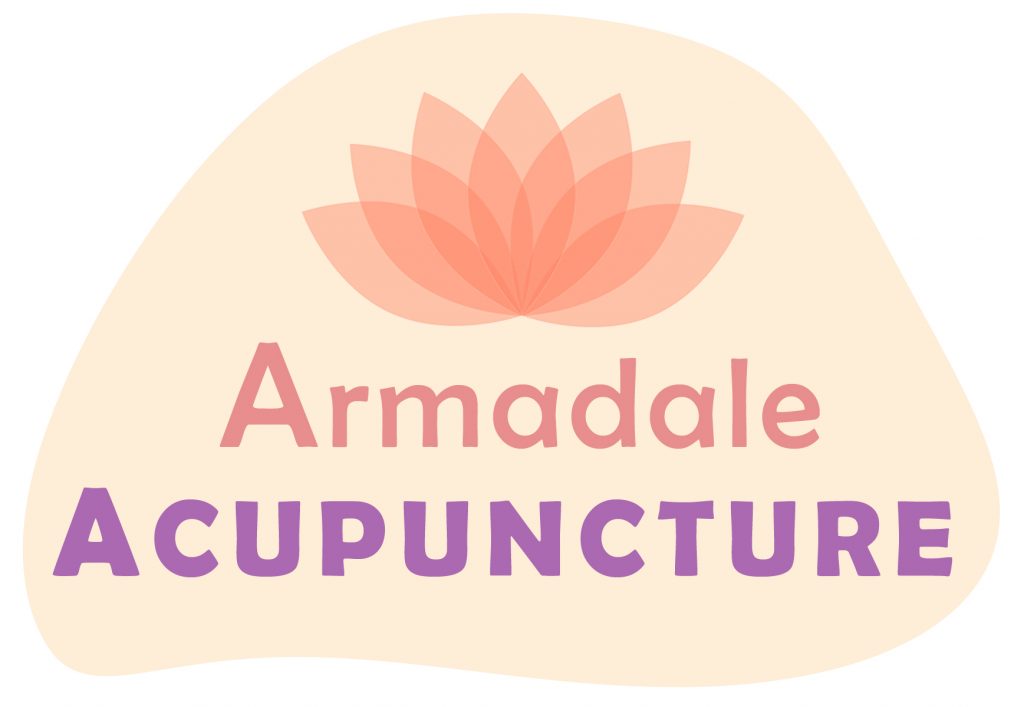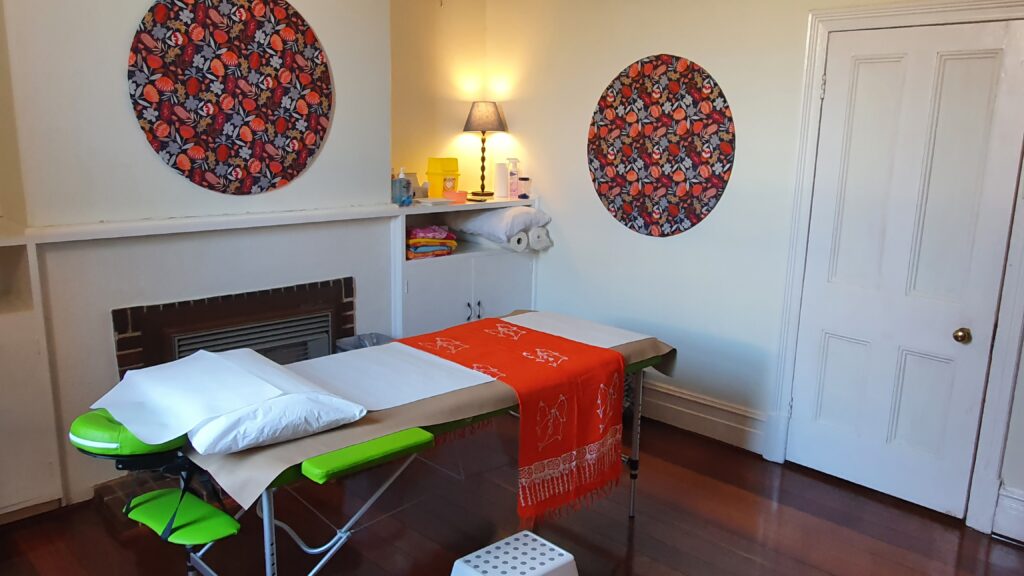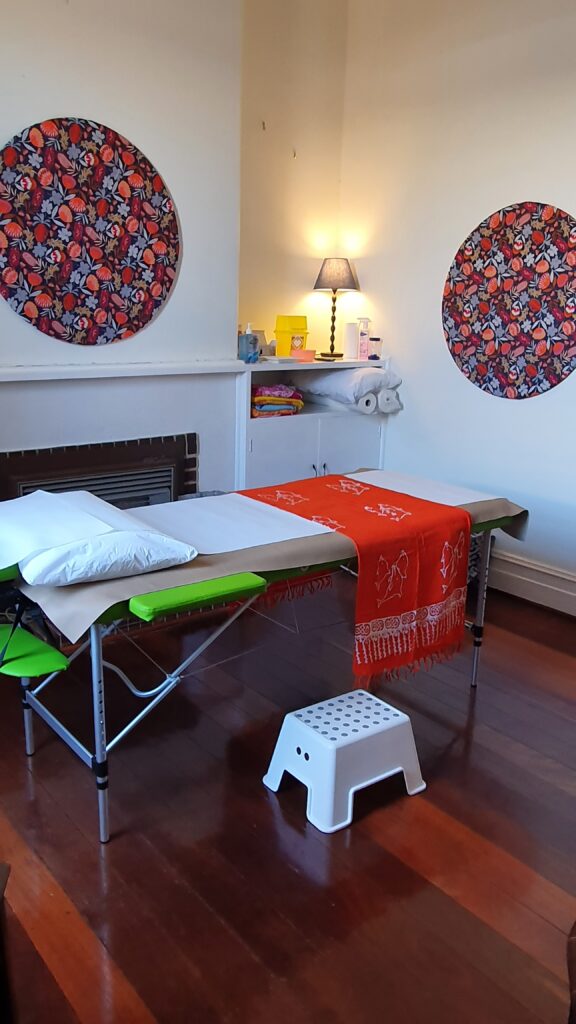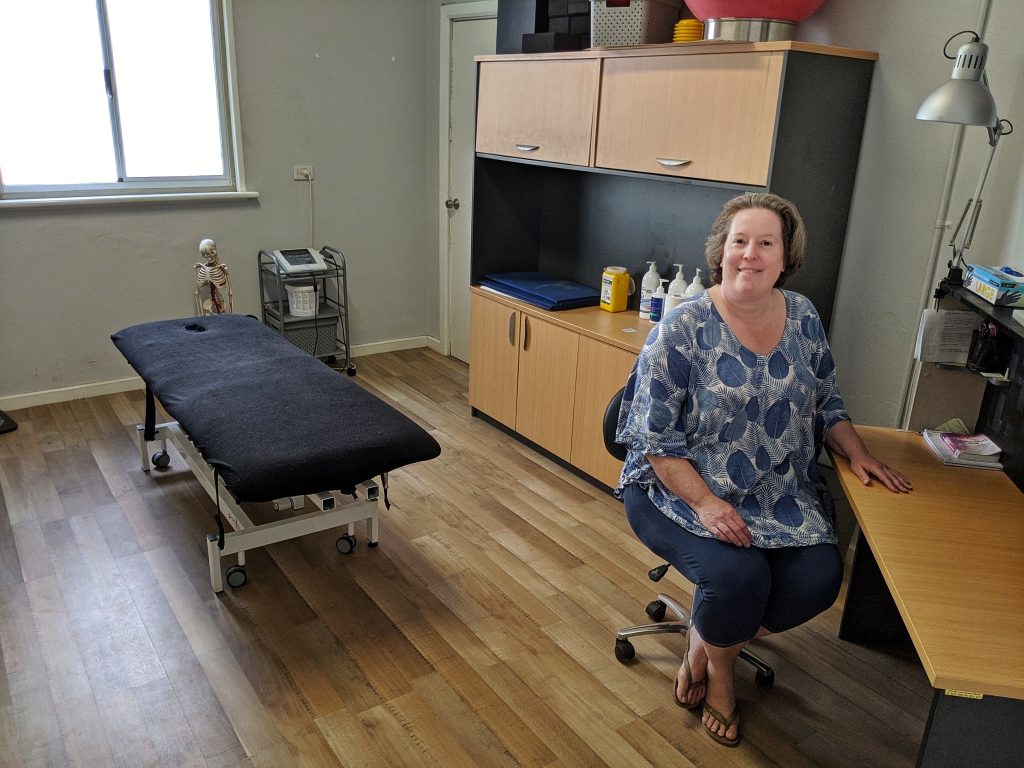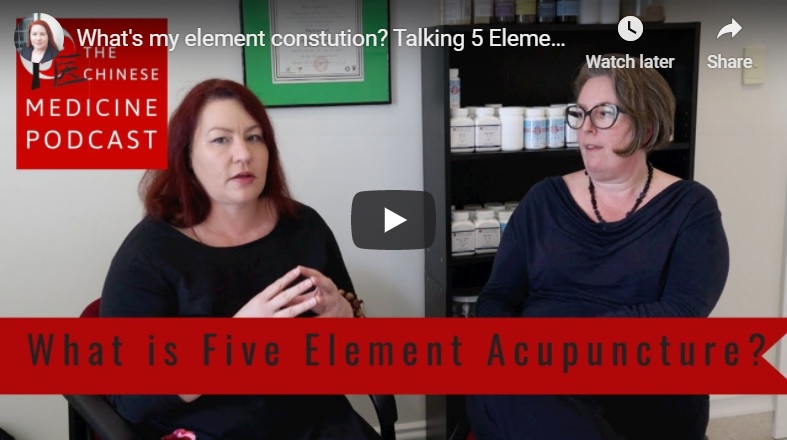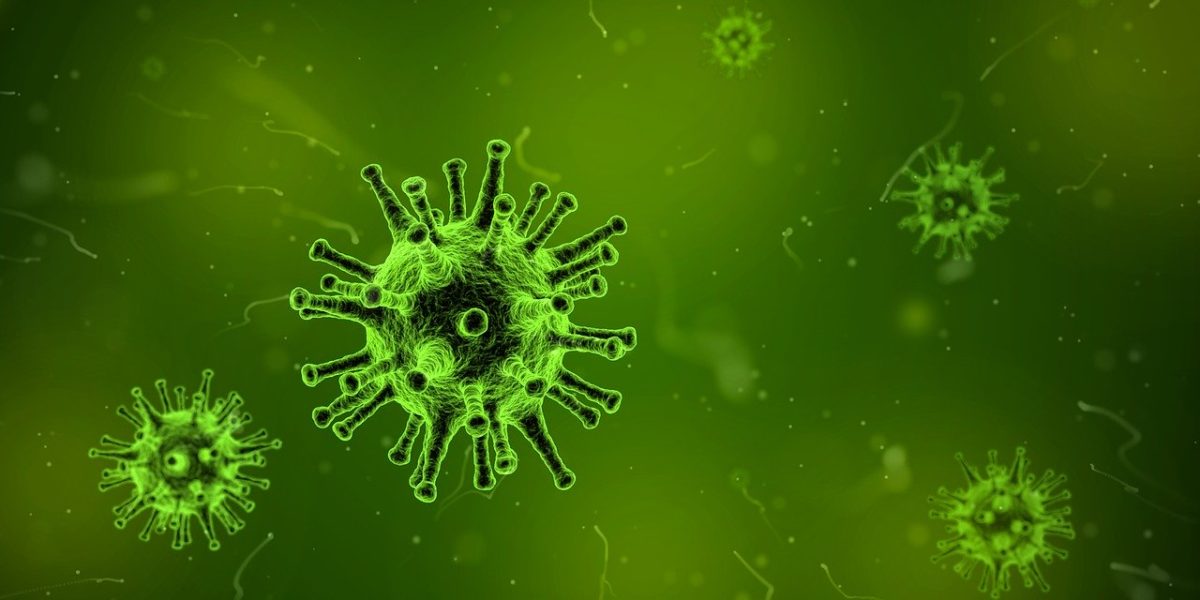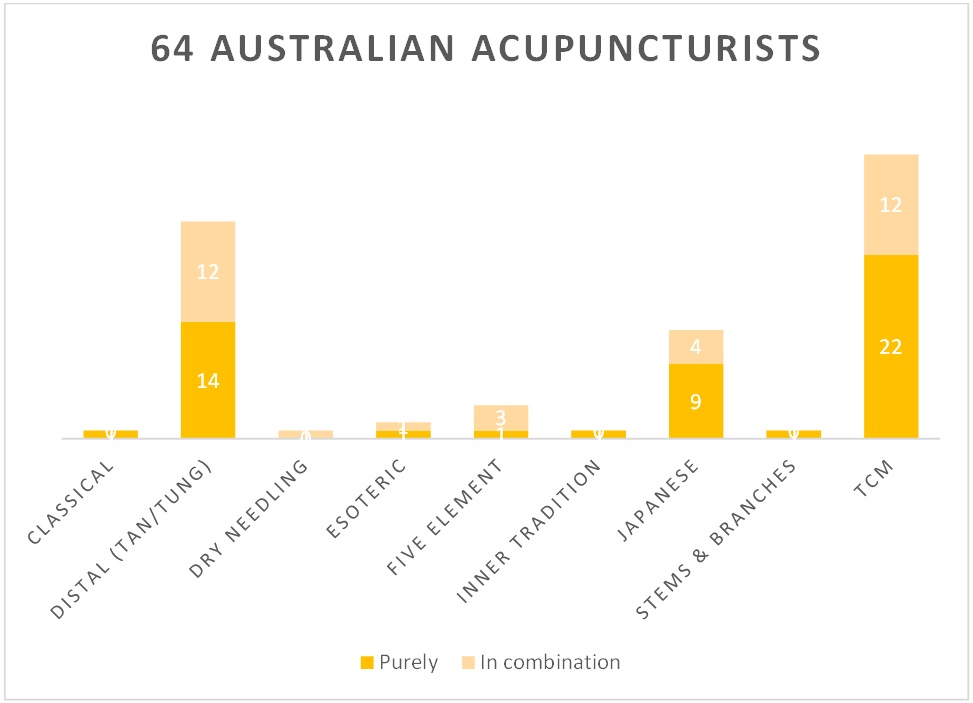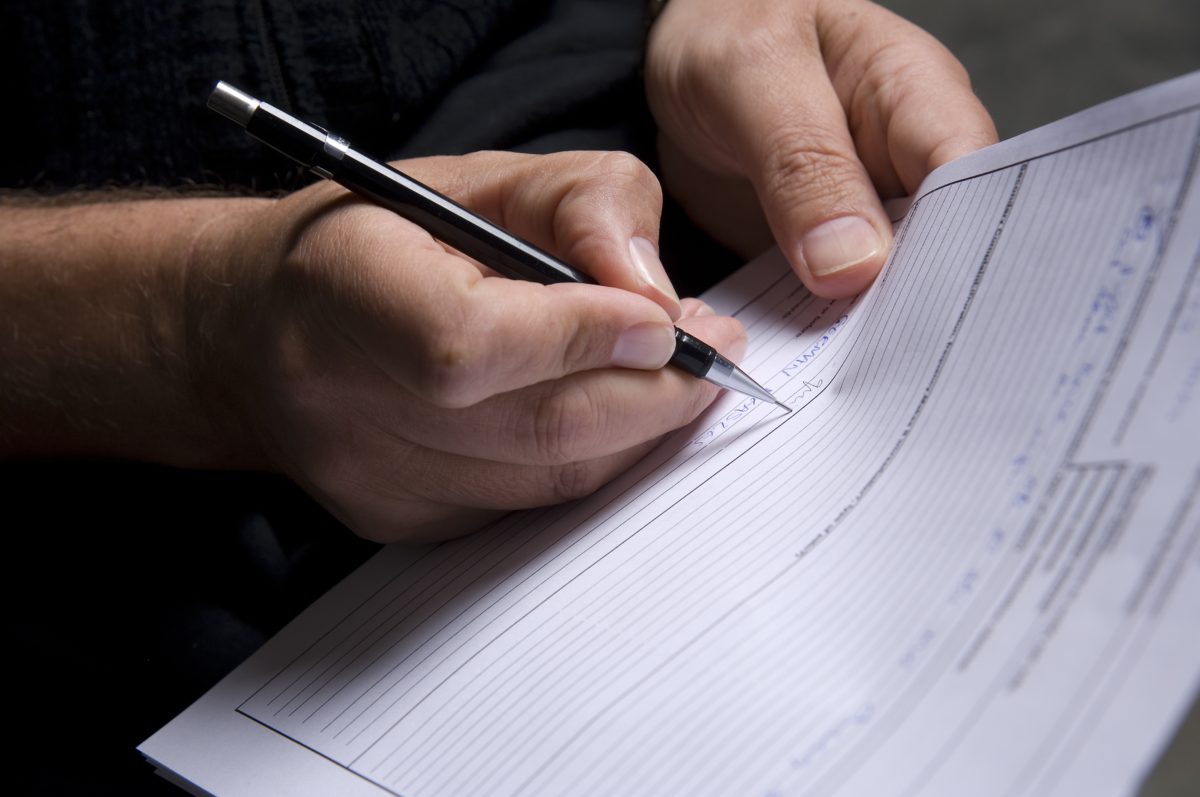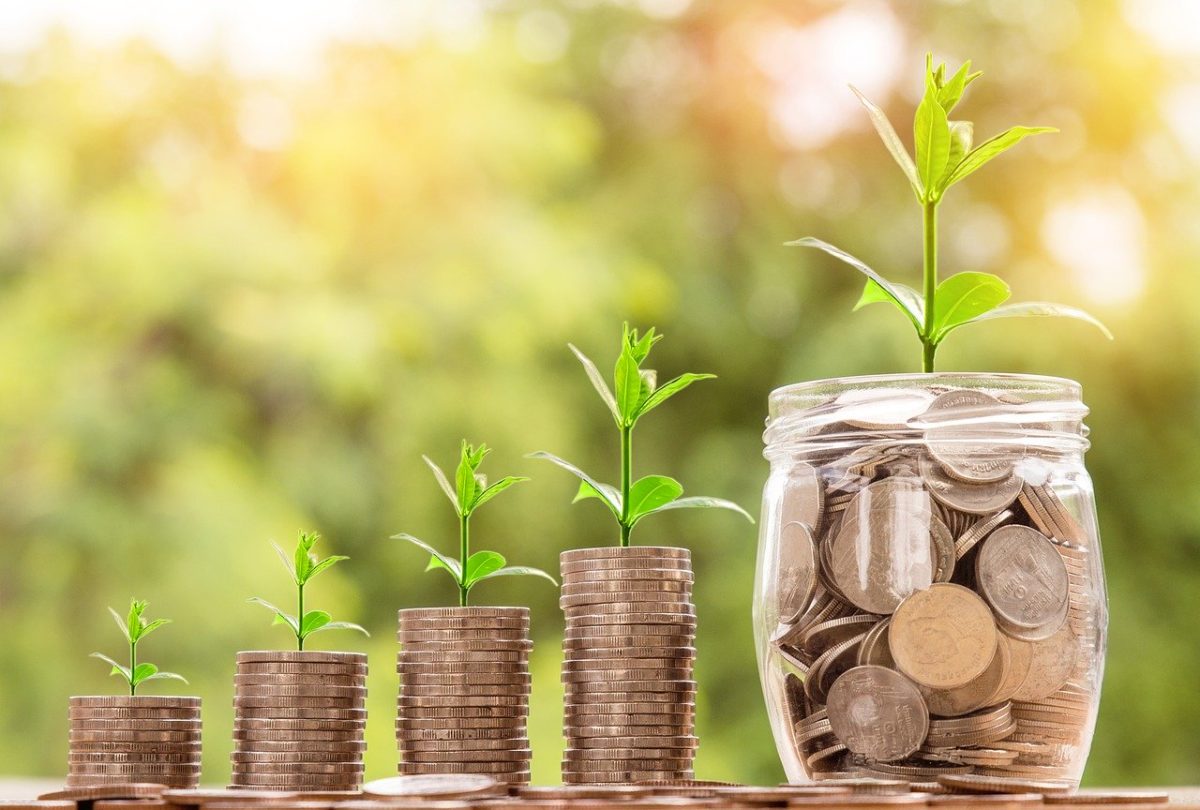The style of acupuncture which is most widely available in Australia is called Traditional Chinese Medicine, or TCM. Well, that’s obvious right? Because acupuncture = Traditional Chinese Medicine = TCM, right? Well, actually, it’s a richer and more interesting story than that…
For example the way I practice uses both TCM and another acupuncture style called Five Element constitutional acupuncture. This is also traditional, Chinese, and medical! Confusing, right?
A diverse ancient body of wisdom
Well, it’s because the term TCM is used in two different ways. Firstly it’s used to mean a huge body of ancient East Asian wisdom, that dates back 3,500 years. Another term for this is Traditional East Asian Medicine (TEAM).
But, the term TCM is also used to describe a particular subset of all of that wisdom, which is a specific standardised system introduced in communist China during the 1950s. If an acupuncturist trained in China, or was trained by someone who trained in China, there’s a good chance that this is the style of acupuncture they’re practising.
And TCM is a great style! I’m a total fan.
I’m also completely in love with Five Element constitutional acupuncture, which is widely taught in the US and Europe, but not here in Australia. Used together, I find TCM and Five Element make the most fantastic toolkit.
Ancient texts, secret lineages
My expertise is in practising acupuncture, rather than explaining its history. But it seems like, back in the day, you couldn’t just go along and enrol at an acupuncture college. Families of doctors guarded their knowledge closely, and Chinese medical knowledge was passed down from master to apprentice, in lineages stretching all over east Asia.
This is how the British Acupuncture Council describes it:
“Until the 1940s, when the Chinese government commissioned the development of a uniform system of diagnosis and treatment, somewhat misleadingly referred to as TCM (Traditional Chinese Medicine), nearly all training had been apprentice-style with masters and within families…
As a consequence of this there are many different styles of acupuncture which share a common root but are distinct and different in their emphasis. You may read of TCM, Five Elements, Stems and Branches, Japanese Meridian Therapy, and many others, all of which have their passionate devotees. The BAcC, though, has long embraced this plurality under the heading “unity in diversity” and sees the variety of approaches as the mark of a healthy profession.”
Standardisation of TCM in China in the 1950s
I like this description from the Association of Registered Acupuncturists of Prince Edward Island:
“TCM is commonly used to describe two overlapping, yet distinct medical systems.
The first, and broader usage refers to the entire body of knowledge, clinical experience and commentaries accumulated through several thousand years of traditional Chinese medical history and recorded in such seminal medical classics as the Yellow Emperor’s Classic of Internal Medicine (Nei Jing), the Classic of Difficulties (Nan Jing) and the Systematic Classic of Acupuncture and Moxibustion (Zhen Jiu Jia Yi Ying). These classics and the principles they codify form the foundation of all styles of acupuncture in usage today.
The second, more narrow usage of the term, TCM refers to the official state-sponsored standardization and implementation of Chinese Medicine in the People’s Republic of China after 1949.”
After reading all this, I ended up making the diagram that you can see at the top of the page, to try and make clear what they’re saying.
So what’s the difference?
All the beautiful forms of Traditional East Asian Medicine around today have wonderful things to offer. Personally I’ve had fantastic treatments from practitioners of all different styles.
Five Element constitutional acupuncture is one of my favourites, and here’s a nice description of its origins from Anjua Acupuncture:
“Five Element acupuncture is very old and dates back to the Chinese philosopher Tsou Yen approximately 300-400 BC. This is in contrast to the more modern style of acupuncture currently taught in most Chinese medical schools in the U.S., known as Traditional Chinese Medicine (TCM). TCM is the result of the standardization of Chinese medicine during the rise of communism in China in the 1950s.
This standardization made it possible to teach acupuncture and Chinese medicine on a mass scale in schools instead of the traditional master/apprentice approach. It also combined many family lineages into one system.”
Where did Five Element constitutional acupuncture come from?
JR Worsley studied with masters in east Asia in the 1950s, and went on to become a hugely respected teacher of Five Element acupuncture in the west. Here’s how the Worsley Institute describes the start of his journey:
“Worsley practiced physiotherapy and began to study osteopathy, naturopathy and acupuncture. In the early 1950s he travelled to Taiwan, Singapore and Korea to further his studies and was awarded a Doctorate in Acupuncture. It was during his time there that he first came across the Five-Element system of acupuncture and was drawn to the way it looked at every aspect of a person’s physical, mental and spiritual well-being in order to diagnose the root cause of his or her imbalance.
After studying under his Five-Element teachers Ono and Hsui, in 1955 Worsley was awarded the title of “Master” of Five-Element Acupuncture. The following year he returned to Britain and founded the College of Traditional Acupuncture in Kenilworth, Warwickshire.”
I had the pleasure of studying with teachers at the College of Integrated Chinese Medicine in the UK, who were trained by JR Worsley. They teach, and I practice, an integration of TCM and Five Element acupuncture.
More focus on the emotions
Why bother with both? Well, they are a great combination.
TCM has some huge strengths around what are called the External Causes of Disease – cold, heat, damp, external pathogens, etc. – and the Miscellaneous Causes of Disease – overwork, injury, diet, etc. (These strengths were what led my teachers to study and then teach TCM, after their own original training in pure Five Element acupuncture.)
Relatively speaking, Five Element constitutional acupunture is very interested in the Internal Causes. These are the relationships between your inner world and your physical health. How are you doing emotionally? Are you at the end of your tether with stress? Poleaxed by grief? On a hair trigger of irritabililty? Or just feeling flat and lacking in joy? The impact of these, across your whole mind, body and spirit, can be huge.
A very neat pair of approaches, right?
Well adapted to the modern world
That Anjuna Acupuncture article I quoted earlier makes an interesting point about how the Internal Causes are all the more relevant in the modern developed world:
“TCM modernized acupuncture and Chinese medicine in a way that could be understood by western medical physicians. This; however, diminished its focus on the mental/emotional aspect of a person because it was difficult to translate “the spirit” into something equivalent in western medicine. The “spirit of the points” was still very much embraced in Five Element acupuncture theory in classical texts.
People today do not suffer from famine, war and poverty to the same extent as our ancient predecessors. Most modern diseases come from stress, the stagnation of our minds and the suppression of our emotions. This makes Five Element acupuncture a particularly good approach for treating health problems in today’s society.”
As a side note, I’m not suggesting that TCM has no interest in emotional health – of course it does. And of course many great TCM practitioners have a deep interest in the full spectrum of their patients’ wellbeing. Five Element constututional acupuncture just adds in an extra lens of perception, and an extra toolkit for treatment.
Apparently one reason why emotional and mental health were relatively downplayed when TCM was created in the 1950s, was because of political diktat that said that mental illness could not exist in communist countries.
“TCM developed in China under the guiding light of dialectical materialism. As such, it has needed to reject those historical aspects of TOM [Traditional Oriental Medicine] that reflected spiritual issues, especially practices and attitudes that derived from the shamanistic roots of TOM.
Essentially it has focused on somatic complaints and relegated most complaints of mental, emotional and spiritual distress to the realm of politics. Of course there are exceptions to this generalization, but it is a useful distinction in getting a ‘feel’ for TCM.”
Peter Eckman, In the Footsteps of the Yellow Emperor
Either way, hurrah for all of the diverse lineages across East Asia that have preserved so many fascinating strands of ancient knowledge for us to use today!
An example in practice
For my registration here in Australia, I was asked to do a viva exam, where I diagnosed and treated a real patient. Having reviewed the info I’d received, I put my best ‘Pure TCM’ hat on, and flew to Sydney. It was an interesting experience! A little bit of a TCM / Five Element culture clash.
I really felt for the young patient I treated, who had been struggling to shake off a heavy cough / chest infection for two months. I asked plenty about the cough, but what jumped out at me was their underlying thoroughly depleted, distressed state, based on extreme work stress and family difficulties.
At the end, the TCM examiners suggested I had ‘spent too much time on background questioning’.
From a TCM point of view, yes, there was a straightforward diagnosis of a stagnant / obstructed Phlegm Syndrome (lovely eh!)
But my Five Element training led me to a strong interest in the Internal emotional / spiritual cause for this stuck pathogen, that to my mind that far exceeded the proximate External cause.
Seeking to help the patient from both of these angles can only be a good thing.
Finding the right style for you
There are amazing practitioners out there, from every style of acupuncture!
It’s a different strokes for different folks kind of deal. Finding a great fit for you.
If you’re in Perth and you’d like to experience the joys of Five Element constitutional acupuncture, I think it’s the case that I’m the only person practising it here. So just get in touch to get started…
A side note for acupuncturists
Publishing this post set off some really interesting dialogues about the heritage of Five Element acupuncture. It’s clear that Five Element medical theory does go back a loooong way.
In a very scholarly article, the esteemed TCM writer, Giovanni Maciocia writes here about the prominence of Five Element thinking in the Nei Jing (a key classical text of Chinese medicine, which dates from around 200-300 BC):
“The Five Elements in the Nei Jing: The 5 Elements are mentioned in very many chapters of the Su Wen and Ling Shu. The most common correspondences of the 5 Elements are with the following: Colours, odors, directions, organs, seasons, flavours, numbers, orifices.”
And it seems that Worsley’s learning from Japanese masters was also much influenced by the Nan Jing (another text from a similar era). In these writings, Five Element thinking was even more integral, see this short article on TCM Wiki (The Five Elements are referred to here by their Chinese name, Wu Xing).
Ready to give it a try? Give me a call…

